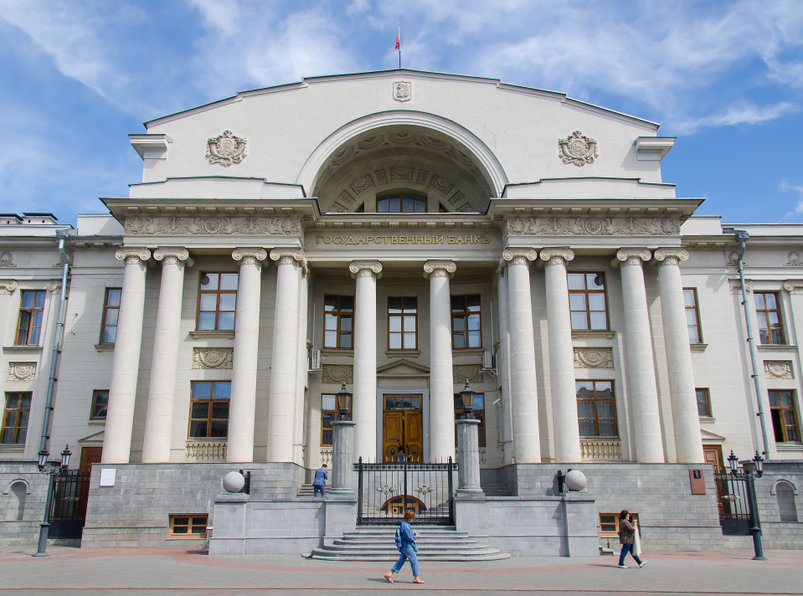
The Russian government and the Bank of Russia look to have crypto regulated as currencies, local reports have suggested.
Russia is set to formally recognise cryptocurrencies as currencies, news reports out of the country suggest.
According to the reports, published on Wednesday morning, the move follows an agreement between the government and the central bank on how to regulate the $2 trillion industry going forward.
BREAKING: The Russian government and central bank have just reached an agreement on cryptocurrencies, according to Russia's Kommersant.
Both organizations will treat bitcoin and crypto assets as currencies.
— Pomp 🌪 (@APompliano) February 9, 2022
Local news outlet Kommersant reported that Russia was looking at unveiling new laws set to make it legal for people to use digital assets in the country’s financial system.
The move allows for cryptocurrency purchases although authorities expect every user to be registered and fully verified via locally regulated companies. This will also apply to foreign-based providers looking to offer crypto-related services in the country, which in this case means getting registered and establishing local offices.
New laws, including KYC checks
A draft law is expected by 18 February, the publication added, noting that cryptocurrencies will be designated as an “analogue of currencies” and not digital financial assets.
Crypto users will be expected to report all transactions exceeding 600,000 rubles, with penalties set if this isn’t adhered to. Other than that, it is suggested that the use of crypto for illegal transactions will be a felony.
To help bring these proposals into effect and ensure compliance, the government and the Bank of Russia want banks to be incorporated as intermediaries. They will be expected to link crypto users and digital asset exchanges, helping in identity checks and transaction tracking as well as holding users’ transaction details for five years.
No ban!
Russia has previously looked to ban cryptocurrencies, with authorities noting in earlier reports that cryptocurrencies were a potential threat to financial stability. The about-turn could therefore be a harbinger of even more positive regulatory frameworks that support the nascent industry.
It also means that the country might have moved away from that outlook that saw the central bank call for a total ban on crypto trading and mining.
Last month, former president Dmitry Medvedev suggested banning crypto in the country would likely lead to an opposite impact.
Recently, India moved to recognise cryptocurrencies after previous calls to ban them and imposed a 30% tax on crypto transfers. The US is also looking to regulate the crypto industry, with the immediate focus largely on stablecoins as highlighted in the President’s Working Group on crypto report.

